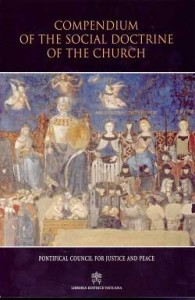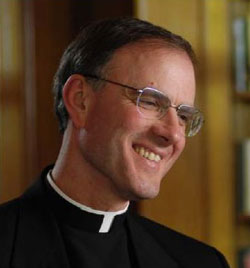Episode 20- Regnum Novum: Bringing forth the New Evangelization through Catholic Social Teaching with Omar Gutierrez – We continue the study of the “Compendium of the Social Doctrine of the Church” Chapter 1 Section 2-3
– We continue the study of the “Compendium of the Social Doctrine of the Church” Chapter 1 Section 2-3
Podcast: Play in new window | Download (Duration: 28:10 — 25.8MB) | Embed
Subscribe: Apple Podcasts | Spotify | Amazon Music | Android | Pandora | iHeartRadio | JioSaavn | Podchaser | Gaana | Podcast Index | Email | TuneIn | Deezer | Anghami | RSS | More
CHAPTER ONE
GOD’S PLAN OF LOVE FOR HUMANITY
III. THE HUMAN PERSON IN GOD’S PLAN OF LOVE
a. Trinitarian love, the origin and goal of the human person
b. Christian salvation: for all people and the whole person
c. The disciple of Christ as a new creation
d. The transcendence of salvation and the autonomy of earthly realities
IV. GOD’S PLAN AND THE MISSION OF THE CHURCH
a. The Church, sign and defender of the transcendence of the human person
b. The Church, the Kingdom of God and the renewal of social relations
c. New heavens and a new earth
d. Mary and her “fiat” in God’s plan of love

We live at a very special time. The confluence of many things has brought forth the clear need to be able to articulate the Social Teaching of the Catholic Church in a way that is accessible and applicable. This is not to be an effort where high-minded theories are to be bandied about. Rather, this is a time of opportunity wherein we can apply the Social Doctrine to the concrete so as to bring about a New Kingdom, a Revolution. – Omar G.
Also visit Omar’s “Discerning Hearts” page Catholic Social Teaching 101





